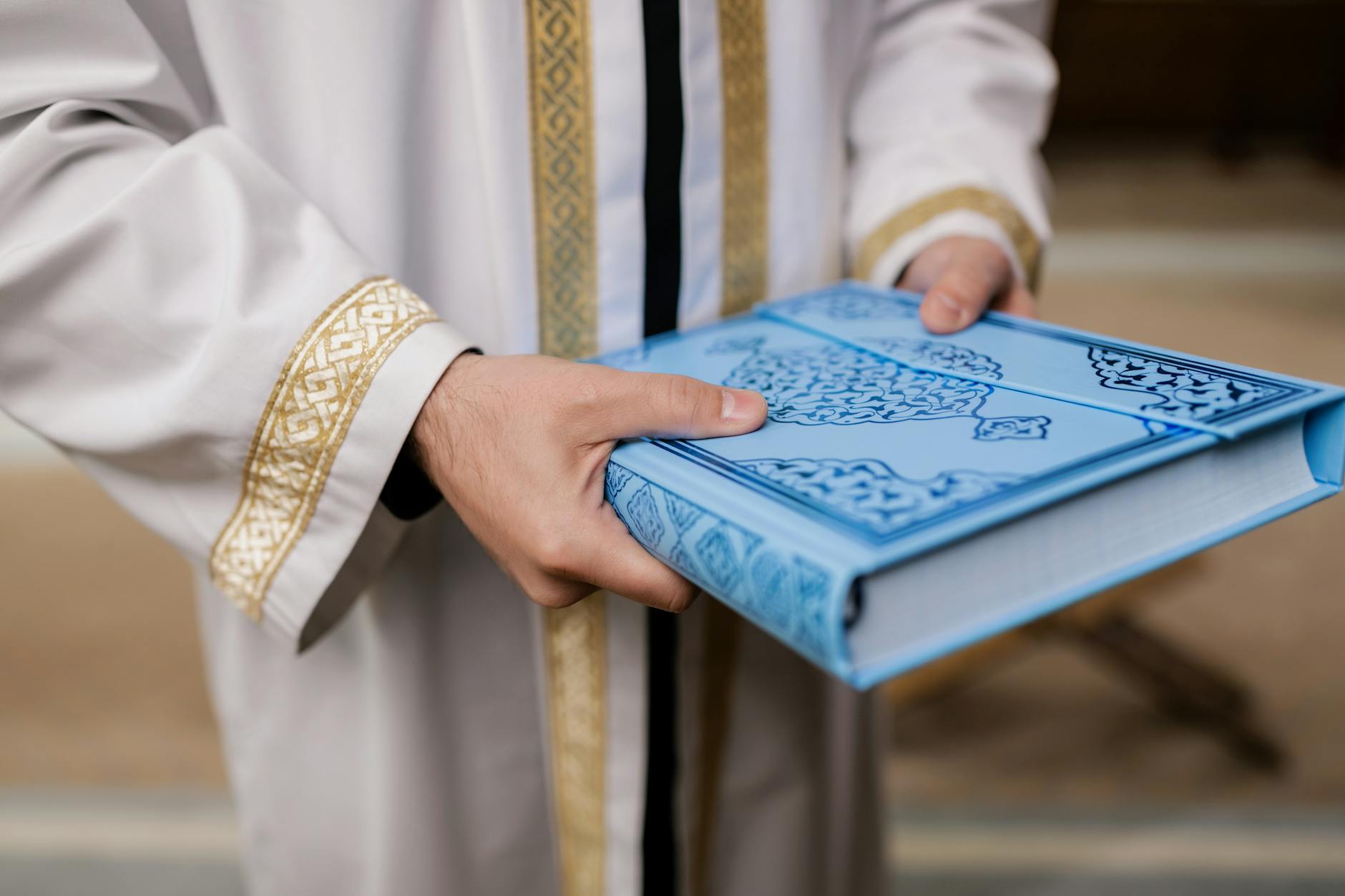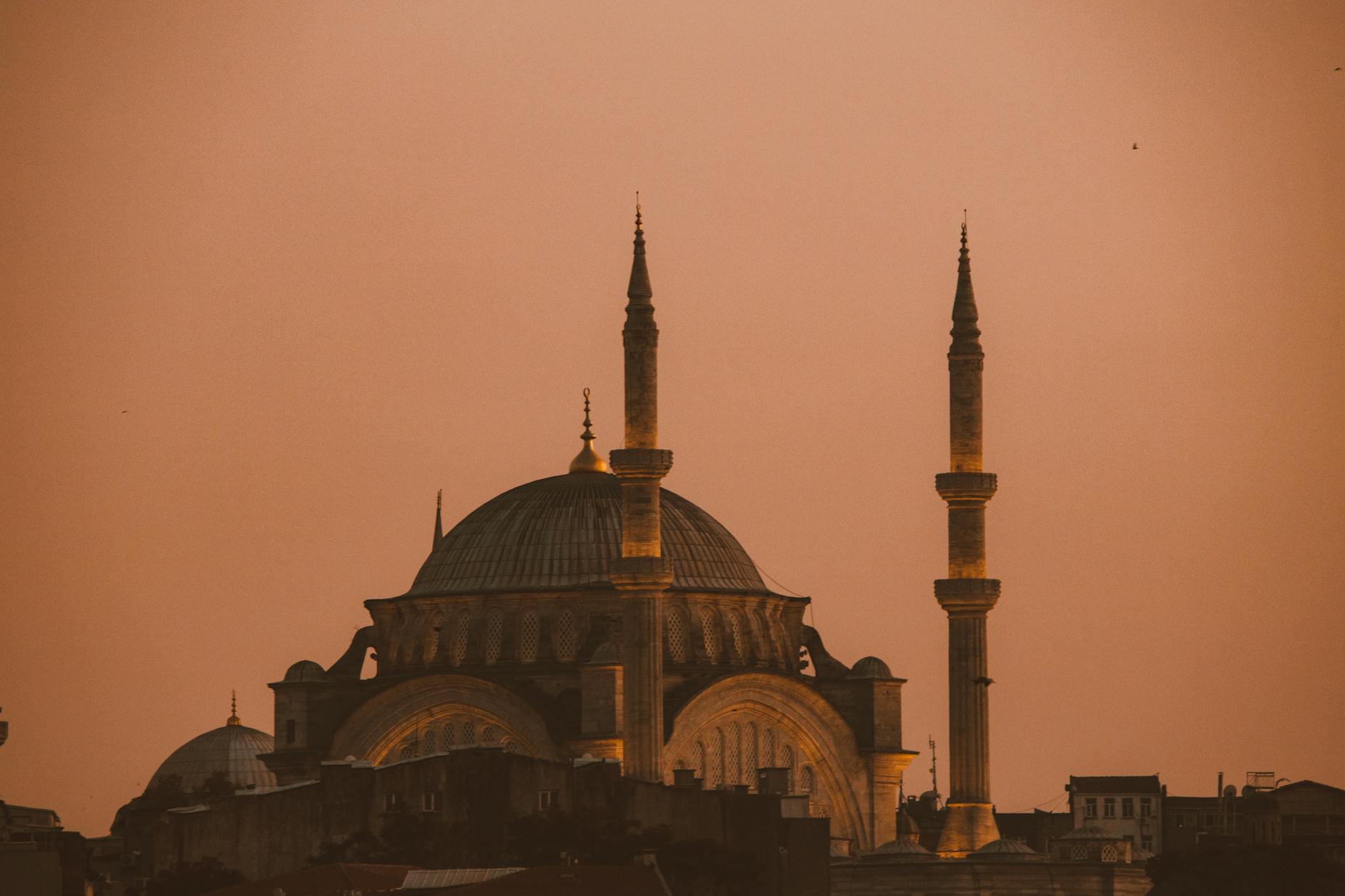
Ever wondered why nearly 2 billion people find peace in a religion that's constantly misrepresented in headlines? The Muslim faith isn't just a religion—it's a complete way of life that shapes every decision its followers make.
I've spent years exploring Islamic traditions, and trust me, what you've heard probably scratches just the surface of this rich spiritual path.
From the five daily prayers to the month-long fast during Ramadan, Islam offers believers a framework for connecting with Allah while navigating our chaotic world. The teachings emphasize compassion, justice and personal accountability—values we could all use more of, regardless of our beliefs.
But here's what most people miss about Islam: it's not rigid or one-dimensional. It's beautifully diverse and deeply personal for each Muslim. So what exactly makes this ancient faith remain so relevant in modern times?
Foundations of Islam: Core Beliefs and Principles

A. The Five Pillars of Islam: Essential Practices for Muslims
The Five Pillars aren't just rules - they're the backbone of Muslim life. Think of them as the non-negotiables that connect Muslims worldwide.
First up is Shahada - declaring "There is no god but Allah, and Muhammad is His messenger." It's simple but powerful - your ticket into Islam.
Prayer (Salat) comes next. Five times daily, Muslims stop everything to pray. It's like hitting the reset button throughout your day.
Then there's Zakat - giving 2.5% of your wealth to those who need it. Not charity - it's a duty that keeps money flowing to where it's needed.
Fasting during Ramadan (Sawm) isn't just skipping meals. It's a month of spiritual boot camp that builds serious self-discipline.
Finally, Hajj - that once-in-a-lifetime trip to Mecca if you can manage it. Imagine standing where Prophet Muhammad stood, with millions from every corner of Earth.
B. Tawhid: Understanding the Oneness of Allah
Tawhid is Islam's beating heart - the belief that Allah is One. No partners, no equals, no divisions.
This concept shapes everything in Islam. Why? Because believing in One God changes how you see the world.
Muslims don't just say "there's one God" and call it a day. Tawhid runs deeper - it means Allah alone deserves worship, creates all things, and has unique attributes no creation shares.
This pure monotheism sets Islam apart. While other faiths might have similar concepts, Tawhid's absoluteness is uniquely Islamic.
C. The Importance of Prophethood and Muhammad (PBUH)
Muhammad isn't just important to Muslims - he's essential. As the final messenger, he completed what prophets like Abraham, Moses, and Jesus started.
Born in Mecca around 570 CE, Muhammad received the Quran over 23 years. But he didn't just deliver the message - he lived it. His example (Sunnah) shows Muslims how to apply Islam to real life.
Muhammad's life story is remarkable - from orphan to trader to reluctant prophet to statesman. Muslims study his habits, his decisions, even how he ate and slept.
When Muslims add "peace be upon him" after his name, it's not just tradition. It shows deep respect for the man who transformed their world.
D. Islamic Sacred Texts: Quran and Hadith
The Quran stands alone as Islam's holy book - Muslims believe it's Allah's literal word, unchanged since it was revealed.
Unlike other religious texts, the Quran was memorized by thousands during Muhammad's lifetime. Its 114 chapters cover everything from epic stories to precise legal rulings.
But the Quran doesn't stand alone. The Hadith collections record Muhammad's sayings and actions. Think of them as the practical manual that explains how to live by the Quran.
The most trusted Hadith collections (like Bukhari and Muslim) underwent intense verification. Scholars traced each report through chains of narrators, checking everyone's reliability and memory.
Together, these texts form Islam's foundation - the Quran provides principles, while Hadith shows their application in daily life.
Islamic History and Development

A. The Life of Prophet Muhammad and the Birth of Islam
Born in Mecca around 570 CE, Muhammad's early life was marked by hardship after being orphaned young. At 40, while meditating in a cave called Hira, he received his first revelation through Angel Gabriel. These revelations, compiled later as the Quran, became Islam's foundation.
Muhammad faced fierce opposition in Mecca. In 622, he and his followers migrated to Medina – the Hijra – marking year one of the Islamic calendar. In Medina, Muhammad established the first Muslim community, creating a constitution that protected all residents regardless of faith.
After years of conflict with Meccan tribes, Muhammad peacefully returned to Mecca in 630, removing idols from the Kaaba and dedicating it to Allah alone. By his death in 632, most of Arabia had embraced Islam.
B. The Golden Age of Islamic Civilization
From the 8th to 14th centuries, Islamic civilization flourished spectacularly. Baghdad became the world's intellectual center with its House of Wisdom, where scholars preserved and translated ancient Greek, Persian, and Indian texts.
Muslim scientists revolutionized mathematics, introducing algebra and algorithms. Astronomers mapped the stars, developed astrolabes, and refined astronomical tables. Ibn Sina's Canon of Medicine served as the standard medical textbook in Europe for centuries.
Islamic art and architecture bloomed with the construction of magnificent mosques, palaces, and gardens. Poetry and literature thrived under royal patronage.
C. Spread of Islam Across Different Cultures and Regions
Islam spread rapidly beyond Arabia through trade, missionary activity, and sometimes military conquest. By the 8th century, it had reached Spain in the west and India in the east.
In South Asia, Islam blended with local traditions, creating unique expressions of the faith. Sufi mystics played a crucial role in spreading Islam in India, Central Asia, and Southeast Asia by emphasizing spiritual experiences over dogma.
Trade routes carried Islam to East Africa, where coastal communities embraced the faith while maintaining African cultural elements. In Southeast Asia, Muslim traders introduced Islam to Indonesia and Malaysia, where it became the dominant religion without major military campaigns.
D. Major Schools of Thought in Islamic Jurisprudence
Four major Sunni legal schools emerged to interpret Islamic law: Hanafi, Maliki, Shafi'i, and Hanbali. Each developed distinct approaches to deriving religious rulings.
The Hanafi school, founded by Abu Hanifa, emphasizes reason and personal opinion when clear textual guidance is absent. It's the most flexible school and widely followed in Turkey, the Balkans, and South Asia.
The Maliki school relies heavily on the practices of Medina's early Muslim community. It's predominant in North and West Africa.
The Shafi'i school balances between textual evidence and analogical reasoning, finding popularity in East Africa, Southeast Asia, and parts of the Middle East.
The Hanbali school adheres most strictly to literal interpretations of texts, forming the basis of Saudi Arabia's legal system.
Shi'a Muslims follow the Ja'fari school, emphasizing the teachings of the Imams descended from Ali.
E. Islam in the Modern World
Today, Islam's 1.8 billion followers constitute nearly a quarter of humanity, spanning diverse cultures and societies. Muslim communities face the challenge of preserving traditional values while navigating modernity.
Islamic finance has emerged as an alternative economic system avoiding interest-based transactions. Islamic educational institutions range from traditional madrasas to modern universities like Al-Azhar in Egypt.
The digital age has transformed how Muslims practice their faith. Online platforms provide access to religious texts, scholarly discussions, and community support. Social media connects Muslims globally, sharing diverse interpretations and experiences.
Muslim women increasingly challenge patriarchal interpretations of Islamic texts, advocating for rights within religious frameworks. Contemporary Islamic scholarship addresses modern ethical questions from bioethics to environmental stewardship.
Despite media portrayals focusing on extremism, most Muslims practice a moderate faith centered on peace, justice, and compassion.
Post a Comment